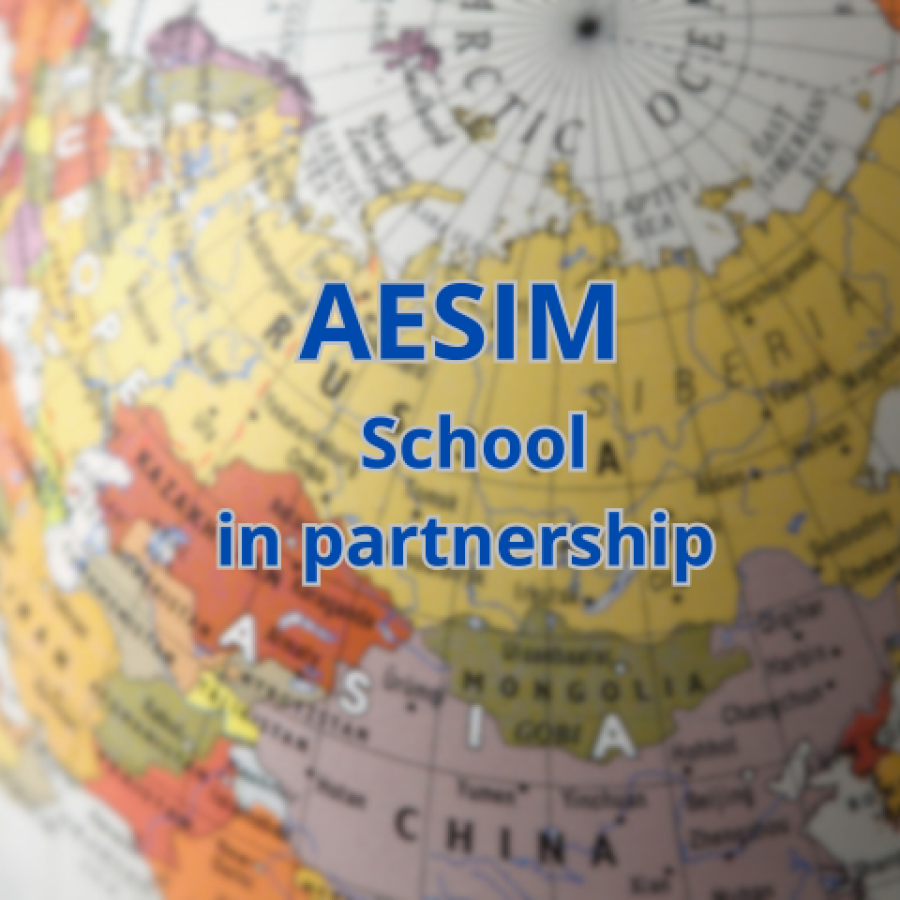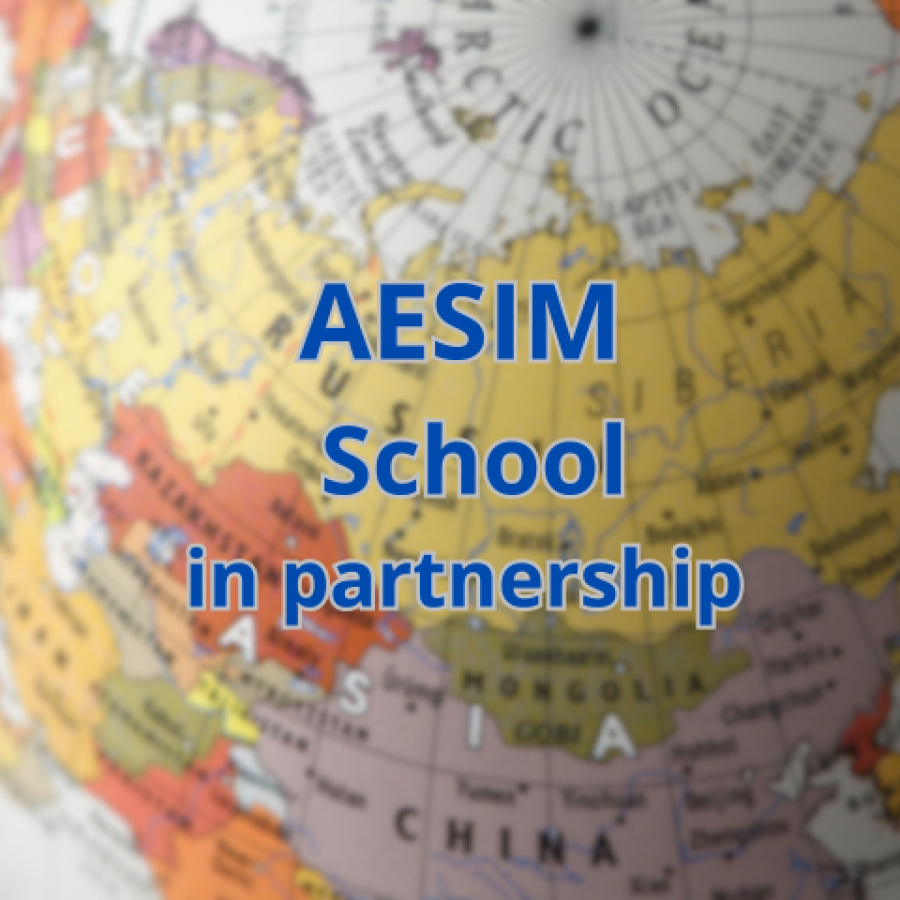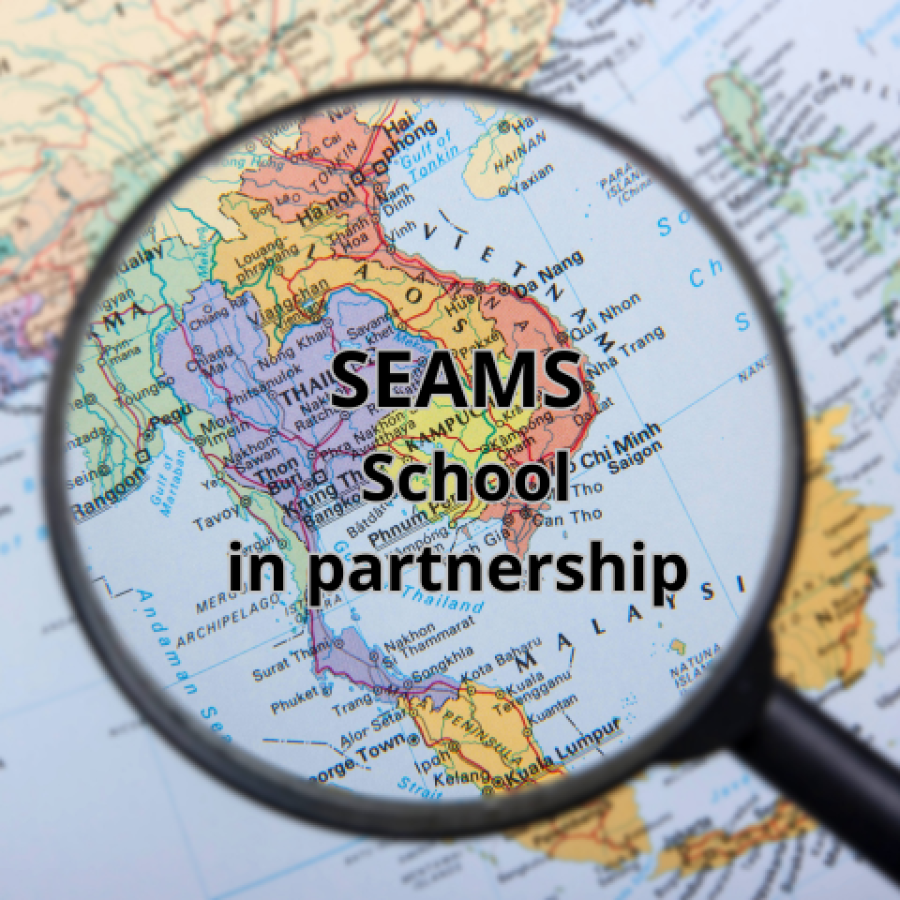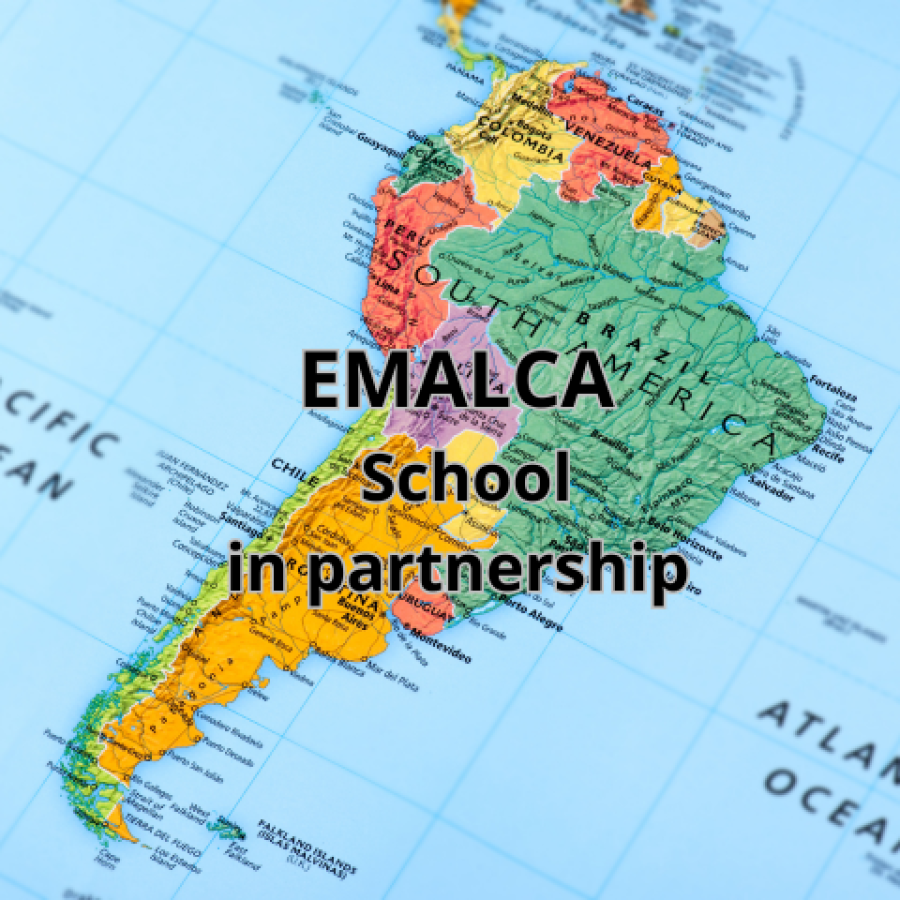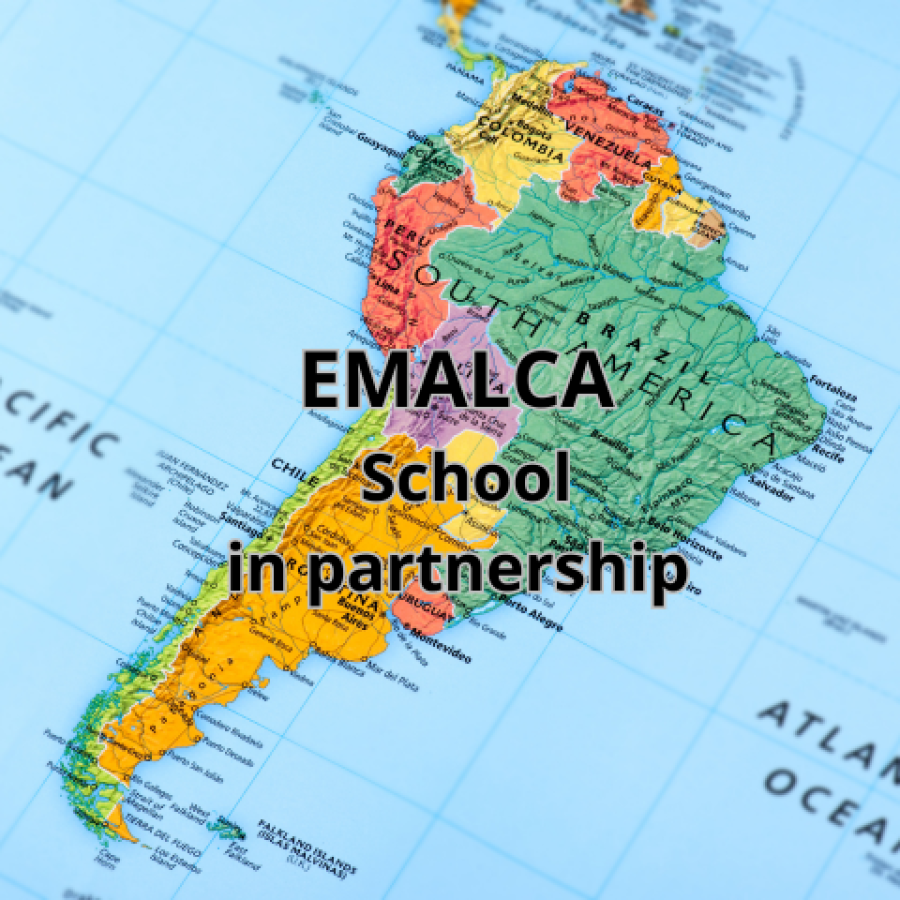Coordinator: Gokul K.C. (gokul.kc@ku.edu.np)
2025
Flavors of representation Theory
Coordinators: Ardeline Mary Buhphang, North-Eastern Hill University (ardeline17@gmail.com) & Stéphane Launois, Université de Caen Normandie, France (stephane.launois@unicaen.fr)
Algebraic Coding Theory, Cryptology and its Applications
Coordinators: Elif Segah Oztas, Karamanoglu Mehmetbey University (elifsegahoztas@gmail.com) & Shakir ALI, Aligarh Muslim University, India, (shakir.ali.mm@amu.ac.in)
AESIM Combinatorial Commutative Algebra: Theory, Computation, and Applications
Coordinators: Sarfraz Ahmad, COMSATS University Islamabad (sarfrazahmad@cuilahore.edu.pk) & Volkmar Welker, Phillips Universitat Marburg, Germany (welker@mathematik.unimarburg)
Semi-Analytical Methods for Differential Equations
Coordinators: Abdeljalil Nachaoui, Nantes Université (Abdeljalil.Nachaoui@univ-nantes.fr) & Fatima M. Aboud, University of Diyala, Iraq (Fatima.Aboud@uodiyala.edu.iq)
Inverse Problems and Optimal Control
Coordinator: Jerico Bacani (jbbacani@up.edu.ph)
Stochastic Processes: Theory and Applications
Coordinator: Rifky Fauzi (riRky.fauzi@ma.itera.ac.id)
Theoretical and Computational Tools for the Data- Enabled Sciences
Coordinator: Neil Jerome A. Egarguin (naegarguin1@up.edu.ph)
EMALCA Argentina: Encuentro Nacional de Álgebra X (elENA X)
Coordinator: Sonia Trepode, Universidad Nacional de Mar del Plata, Argentina (strepode@gmail.com)
EMALCA Honduras
Coordinator: Ivan Henriquez, Universidad Nacional Autónoma de Honduras (ivan.henriquez@unah.edu.hn)


